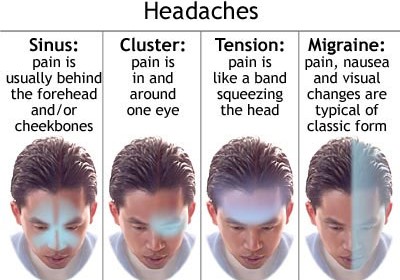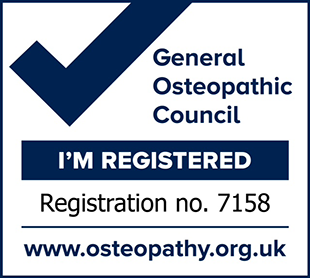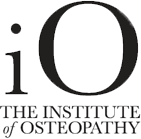
Tension Headaches
A tension headache is generally a diffuse, mild to moderate pain that is often described as, “feeling like a tight band around your head”. A tension headache is the most common type of headache. Although often triggered by stress or emotional events, an important causal factor is often a constriction of the blood supply as a result of the the muscles at the back of the neck and the base of the skull over-contracting. In addition to neck pain, this may frequently be the cause of the headache. Other potential triggers may include: depression and anxiety; poor posture; jaw clenching; working in awkward positions or holding a particular position for a long time.
Signs and symptoms of a tension headache include: dull, aching head pain; the sensation of tightness or pressure across the forehead or on the sides and back of the head; tenderness on the scalp, neck and shoulder muscles; occasionally, loss of appetite.
A tension headache can last from 30 minutes to an entire week. They may be experienced occasionally, or nearly all the time. If the headache occurs 15 or more days a month for at least three months, they are considered chronic. If the headache occurs fewer than 15 times in a month, the headache is considered episodic. However, people with frequent episodic headaches are at a higher risk of developing chronic headaches. The headache is usually described as mild to moderately intense. The severity of the pain varies from one person to another.
Tension headache can sometimes be difficult to distinguish from migraine, but unlike some forms of migraine, tension headache is not usually associated with visual disturbances, (blind spots or flashing lights), nausea, vomiting, abdominal pain, weakness or numbness on one side of the body, or slurred speech. Whilst physical activity typically aggravates migraine pain, it does not make tension headache pain worse. An increased sensitivity to light or sound can occur with a tension headache, but these are not common symptoms.
In the immediate term, occasional use of analgesics may help as will a cold towel or compress. However, in the longer term, action needs to be taken, i.e. an investigation of the upper neck area which may need to be manipulated, mobilised/articulated or held cranially in order to restore sufficient blood flow.
It is also important to understand the source of the patient’s emotional stress and try to deflect it using a variety of techniques such as yoga, meditation or even regular exercise.
Treatment: Harrow Osteopaths, Wembley Osteopaths, Chelsea Osteopaths. Headache Treatment At Harrow Osteopaths, Wembley Osteopaths, Chelsea Osteopaths – The Sports Injuries Specialist – Registered Osteopath. Regulated For Headache Treatment: Harrow Osteopaths, Wembley Osteopaths, Chelsea Osteopaths – The Sports Injuries Specialist – Registered Osteopath.
If you have any problems, or your symptoms persist, then please call the Sports Injuries Specialist – Registered Osteopath immediately for exceptional results:
ZAHIR CHAUDHARY, BA (Hons), BSc (Hons), ND, M Ost.Med
EMAIL: emergencyosteopath@gmail.com
CONTACT: 0208 423 6209; 079 2100 4705
HARROW OSTEOPATHIC CLINIC, 9 LITTLETON ROAD, HARROW, MIDDLESEX. HA1 3SY.
WEMBLEY OSTEOPATHS, 31 NORVAL ROAD, NORTH WEMBLEY, MIDDLESEX. HA0 3TD.
FITNESS FIRST OSTEOPATHS, 197 EALING ROAD, WEMBLEY. MIDDLESEX. HA0 4LW.
CHELSEA OSTEOPATHS, 208 FULHAM ROAD, CHELSEA, LONDON. SW10 9PJ.
www.sportsinjuriesspecialist.co.uk
Leave a reply →


